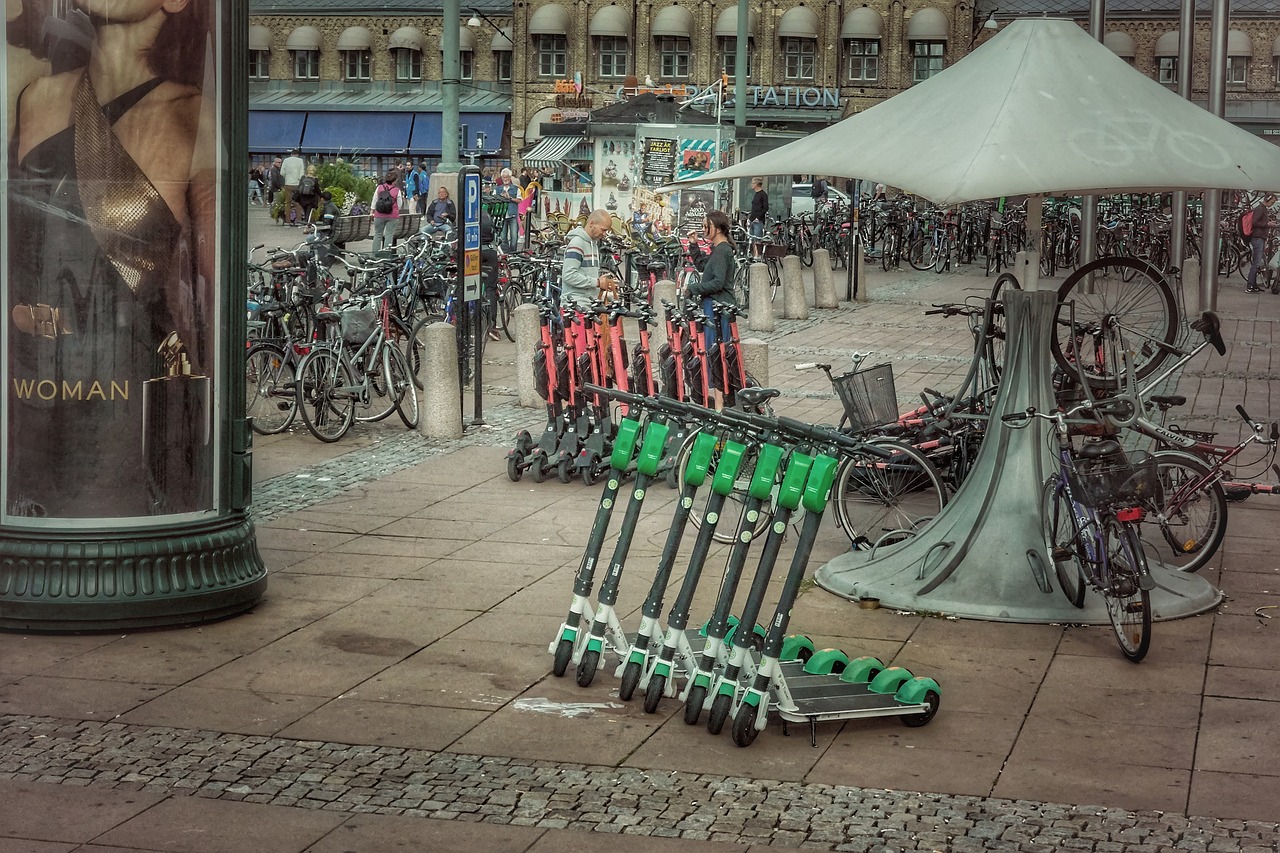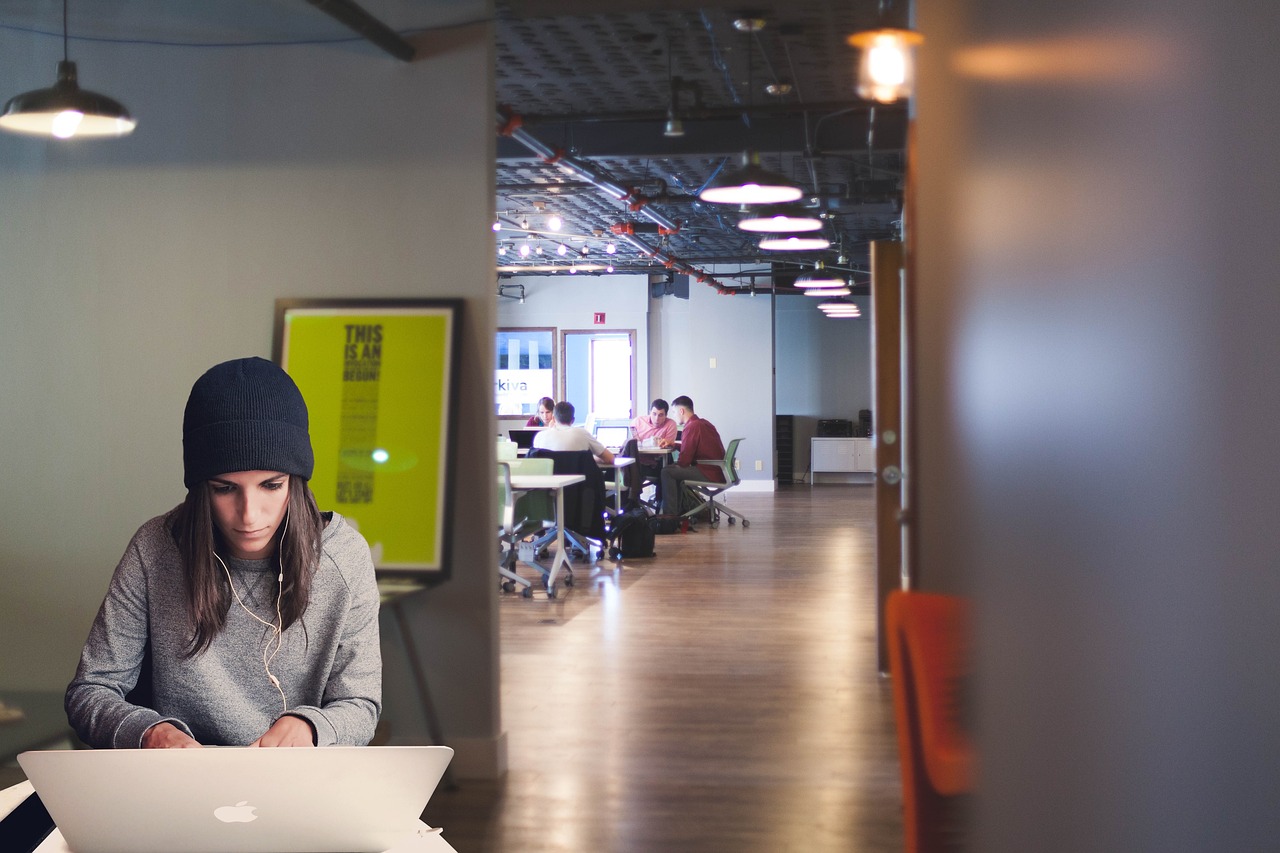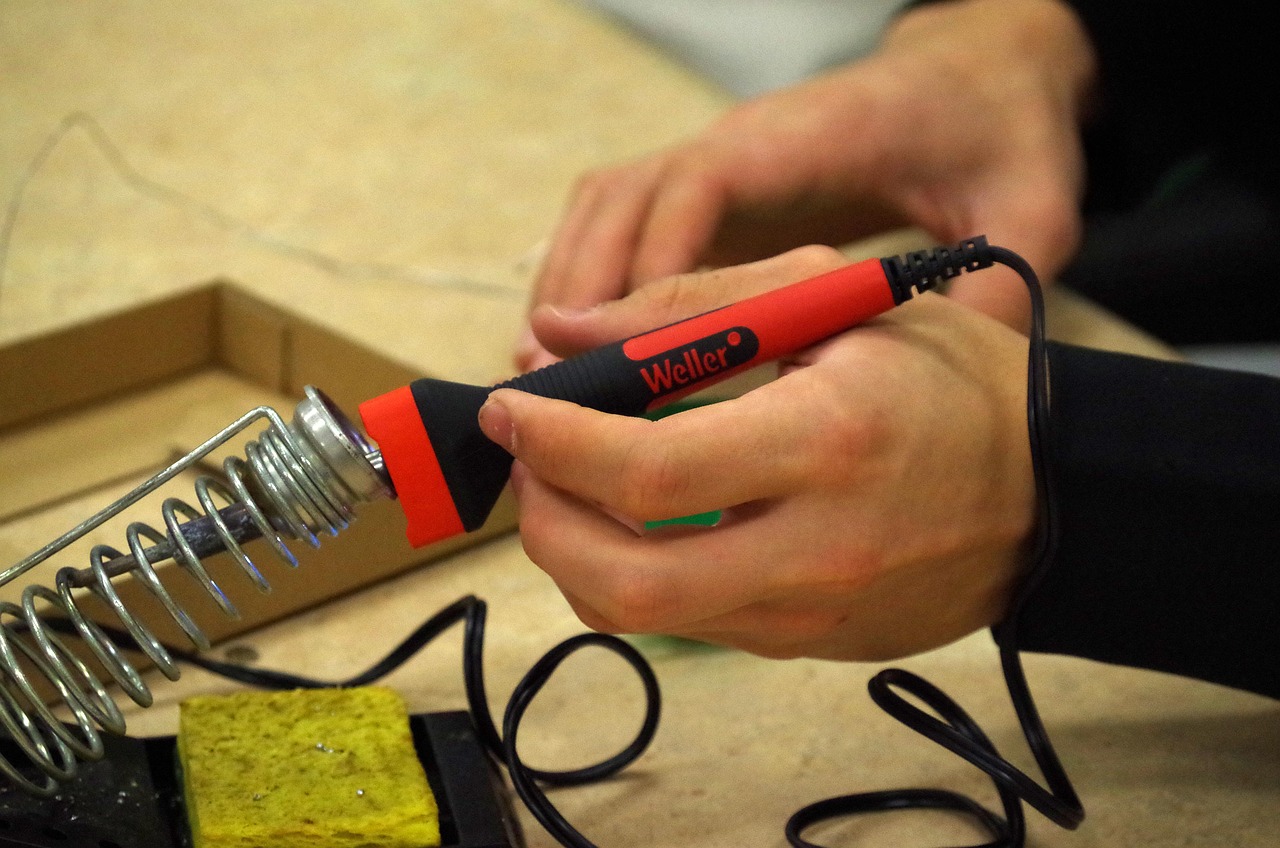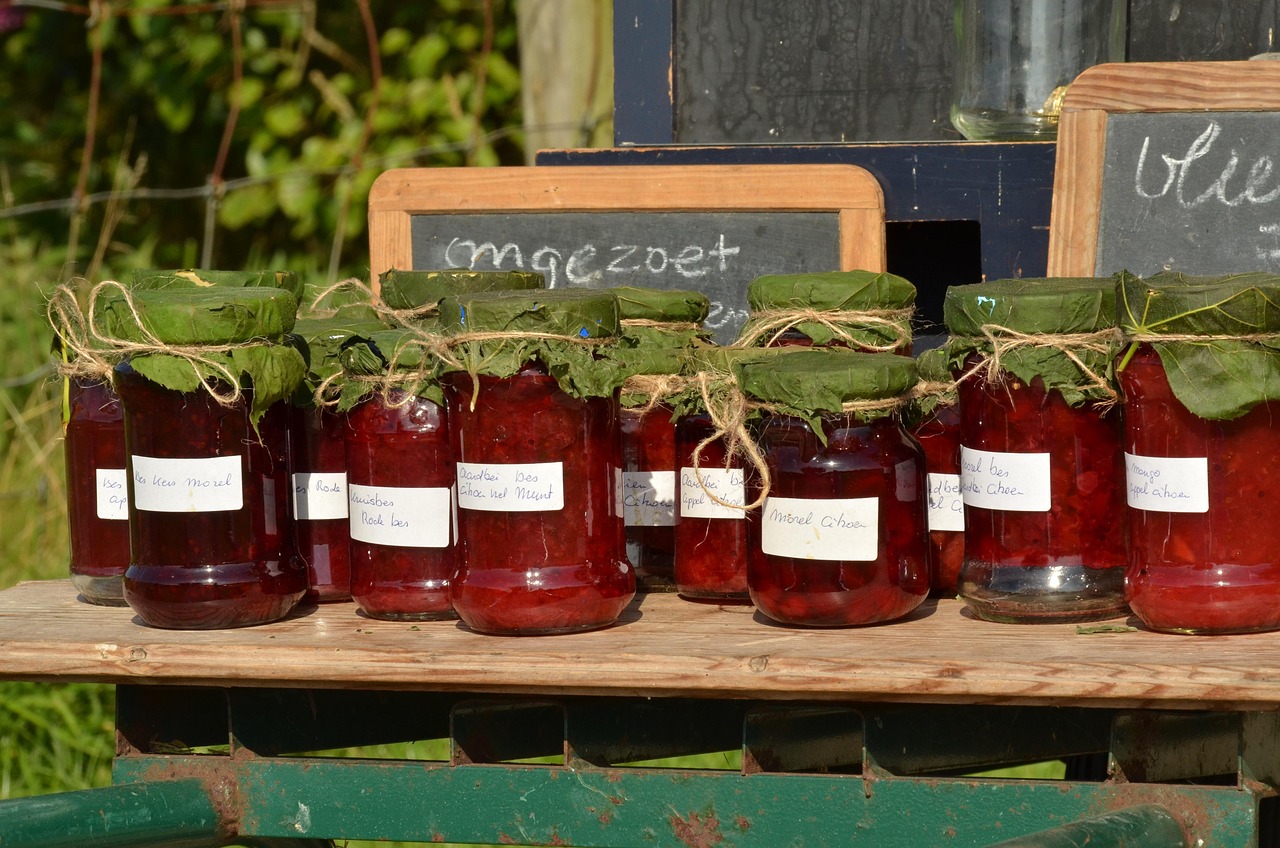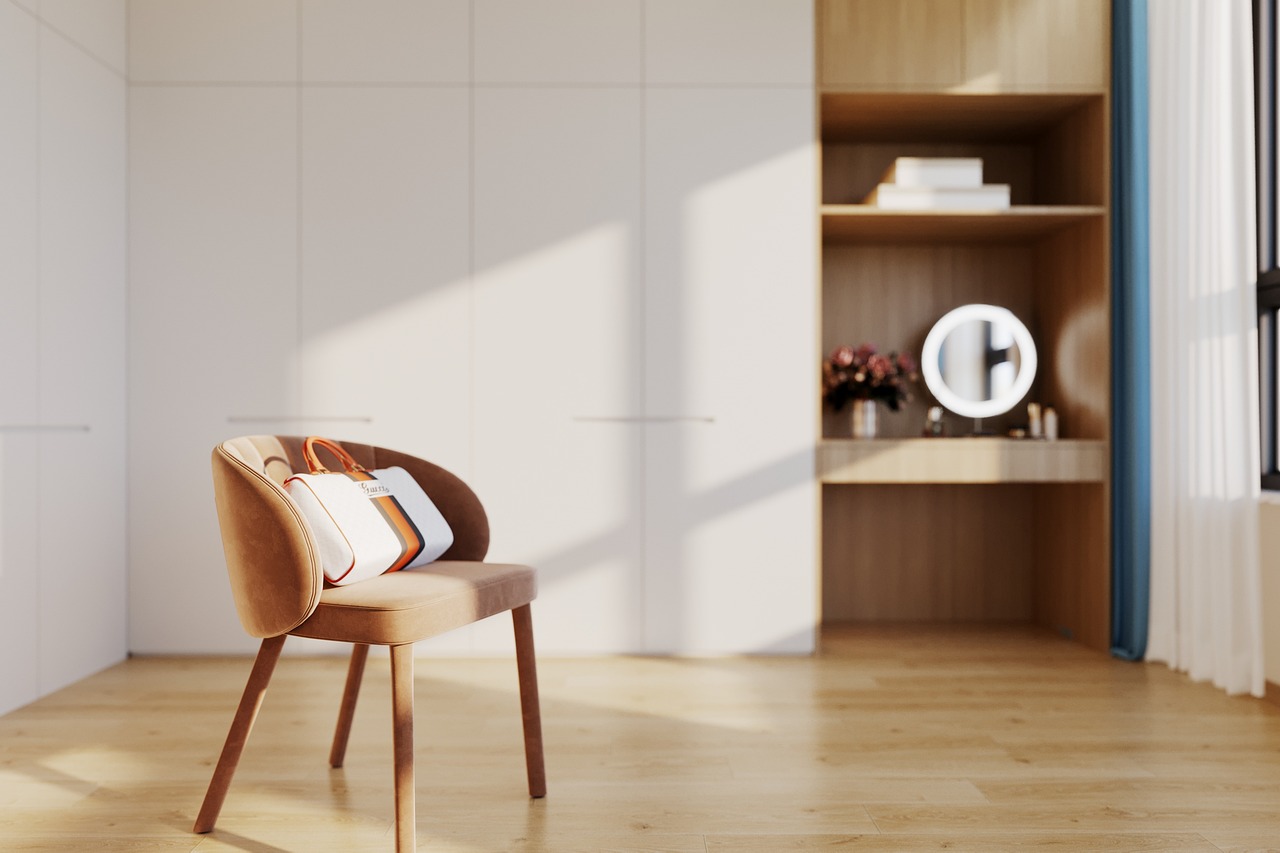
Why a Sustainable Furniture Workshop?
Romania has enormous potential for such businesses. We have skilled craftsmen, natural resources, and people increasingly interested in sustainable products. Instead of importing expensive and mass-produced furniture, we can create something local, high-quality, and environmentally friendly.
What Will You Produce and Who Is Your Target Audience?
An eco-friendly furniture workshop can offer:
- Furniture made from recycled materials (reclaimed wood, recycled plastic, eco-friendly chipboard, etc.).
- Modular and customizable furniture, easily adaptable to any space.
- Products from sustainable materials (bamboo, FSC-certified wood, ecological paints).
- Refurbished furniture, giving old items a new life.
Your primary audience may consist of:
- Young people struggling to find affordable, unique, and eco-friendly furniture.
- Parents who want a safe and non-toxic environment for their children.
- Businesses and cafes looking to adopt a sustainable design.
- People interested in high-quality, personalized products.
Mini Business Plan
1. Initial Investment
- Renting or setting up a production space.
- Purchasing tools and materials.
- Creating a website and promoting it on social media.
2. Sources of Materials
- Reclaimed wood from demolitions or factory scraps.
- Recycled wooden pallets.
- Bamboo and sustainable materials sourced from local suppliers.
3. Sales Strategy
- Own online store.
- Partnerships with eco-friendly cafes, restaurants, and businesses.
- Collaborations with interior designers.
- Stands at fairs and exhibitions.
4. Estimated Costs
- Production space: 1000-2000 euros/month.
- Materials: 5000-10,000 euros for the first batch of products.
- Marketing: 1000 euros (website, Facebook/Instagram ads).
5. Potential Profit
- A modular furniture set can cost between 200 and 1000 euros.
- With 10-15 clients per month, you can achieve a net profit of 2000-5000 euros per month.
Advantages and Disadvantages
Advantages
- Sustainable business with a positive impact on the environment.
- Increasing demand for eco-friendly products.
- Possibility to customize products.
- Brand differentiation potential in the Romanian market.
Disadvantages
- Relatively high initial investment.
- Requires intensive promotion to educate the market.
- Supply of recycled materials can be unpredictable.
Conclusion
An eco-friendly furniture workshop is not just a business but a way to make a positive change. Romania V3 means a Romania where everyone can succeed through good ideas, hard work, and vision. With passion, determination, and a well-thought-out strategy, you can turn this idea into a successful business that benefits both customers and the environment.


